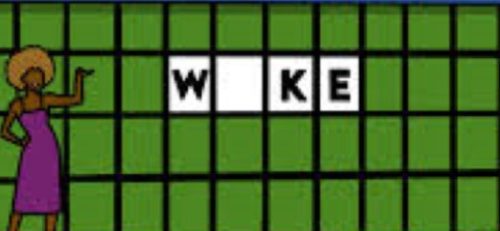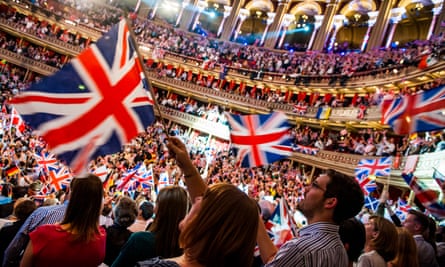Years ago, while reading John Wain’s excellent biography of Samuel Johnson I was struck by an observation which has remained with me, that it is hard for those of us living now to imagine how beautiful England was before the Industrial Revolution. This thought had never occurred to me as from the little I have seen much of England is lovely. But it makes sense.
I was reminded of this remark by a book I am presently reading,”The Domestic Revolution,” by Ruth Goodman. Goodman, as I suppose is generally known, investigates history by trying to live it. She is, therefore, an expert at cooking with wood. The book is about the changeover from the use of wood for cooking and heating to the widespread use of coal for those purposes.
I had never thought much about cooking with wood. I thought match, kindling, fire, cook. Silly me. The art of managing a fire turns out to be infinitely more complicated. The species of the wood makes a huge difference (who knew), so that the sophisticated system of coppicing and planting in England took the need for fuel into account. A great deal of English land was devoted to the need for fuel, as well as for the building of houses and ships. With the coming of coal for domestic use, land use perforce changed. Wetlands were drained, coppices were dug up, and the land was planted with edible crops. England looks different because it is different now.
All of which leads me to my point. How much of what we know, and take for granted, is actually the result of changes in areas which we have never considered? Acknowledging the influence of the Industrial Revolution is one thing, but thinking of the changeover of domestic use of fuel is another. What as-of-yet unrealized changes or trends have given us our divisive, political environment? What if it is not as simple as left vs right, or orange man bad vs Sleepy Joe? Is it possible for us to really understand our life, or must our descendents wait for the pronouncements of history? What don’t we know that we don’t know?
This is a guest post by Anat




